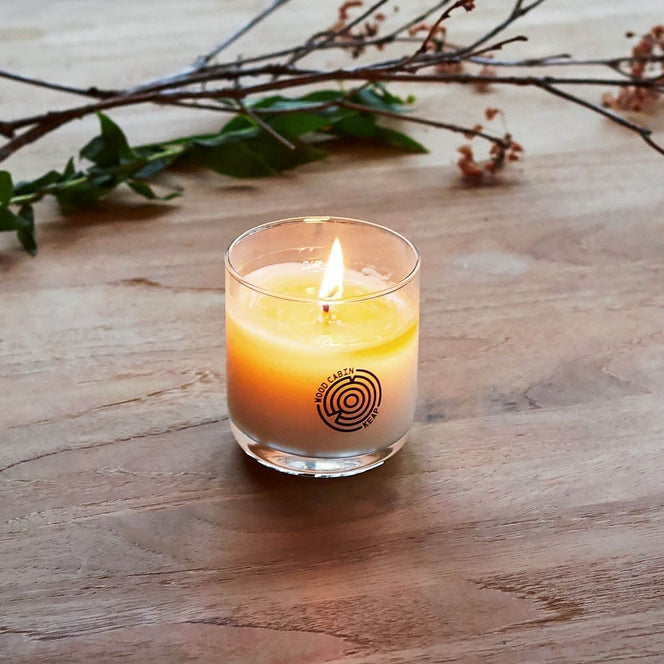Our March story looks into the life-giving potential of regenerative agriculture.
In the village of 38 inhabitants in Northern France where I grew up, aside from our family of 4 affiliated with the bed & breakfast, all other 34 inhabitants were either farmers, retired farmers, or children of farmers.
One of the few areas of cultural misunderstanding I found between my parents’ heritage (mostly anglo-saxon—at least in the context of Northern France) and the local ways of understanding the world revolved around the concept of terroir. Every culture has a few words that uniquely characterize its worldview—which makes those words particularly difficult to translate into other languages.
 Harry and friends (including local ducks), growing up in Northern France
Harry and friends (including local ducks), growing up in Northern France
The idea of Terroir has been mis-translated by English speakers to cover a narrow, technical concept of micro-climates in relation to winemaking. I presume this definition came about from English-speaking visitors to French wineries who didn’t get to fully experience the word in other contexts. And even myself—despite growing up and living in France for 20 years—only began to appreciate the true meaning of the word in the last few years.
It would take me a few pages to fully define Terroir, but a teaser would be to say that it defines a single homogenous natural environment, characterized by its agricultural context, including its climate, soil properties, hydrology, geology, and wildlife—as well the history of human relationships to the land, the cultural relationships, ancient practices and know-hows rooted in that specific place.
The understanding of the word leads French culture to nurture a particular appreciation for the unique gifts the soil provides us, particularly in the realm of food. It helps explain why over 1,000 different kinds of French cheeses have survived the industrialization and commoditization of food supply chains.
French culture gets some flak for appearing smug in its certainty that it has figured out the right balance for what matters in life. At its worst, this sentiment can lead a certain closed-mindedness and to stasis. But I find wisdom in this concept of the Terroir, rooted in indigeneity (literally meaning “of the place”).
Regenerative agriculture provides us a functional benefit as a carbon sink, but its main benefit may well be to help us reconnect to this sense of place, and to a wisdom rooted in generations of careful observation and reciprocity with the land.
Garde le feu brûlant (“Maintain the fire scorching hot”),




